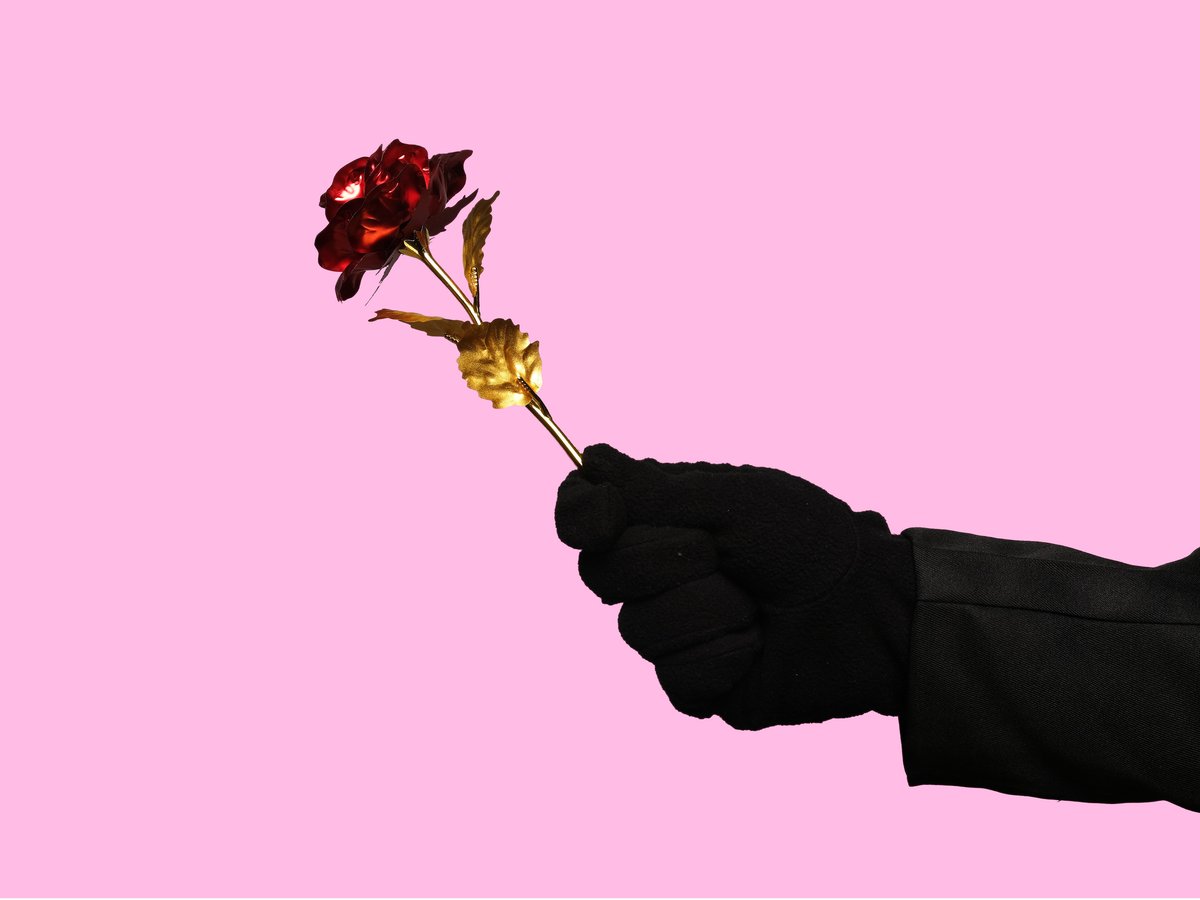
Without even knowing it, generative AI is infiltrating our everyday lives.
From asking Chat GPT to craft the perfect break-up text to predicting the ends of our email sentences, it's a useful tool that is driving forward Australia's digital transformation. But is it also a romance scammer's dream?
For example, the three men in the image for this story are not real humans.
They were the result of a quick search query in one of the more popular AI image generators that are available for public use. It took no more than 15 minutes, and there are much more advanced versions where the images will only look more realistic.
It's scary, to say the least.
According to Dr Kate Gould, senior researcher and clinical neuropsychologist at Monash University, generative AI makes uncovering romance scams even harder, as the scammers use it to create realistic images, voices and videos to 'verify' the false persona.
In a nutshell, generative AI scams are harder to spot.
"While scammers often rely on stealing other people's images to make their lies and stories seem real, with generative AI, scammers can create photos of whatever they want to try to be more convincing," she tells Mamamia.
"It can also be harder to use reverse image searches to see that the photos were stolen."
Essentially, it reduces our ability to internet sleuth and sniff out a rat.
Dr Gould says the improvement in AI voice technology is also contributing to the 'realness' factor of these scams.




Top Comments